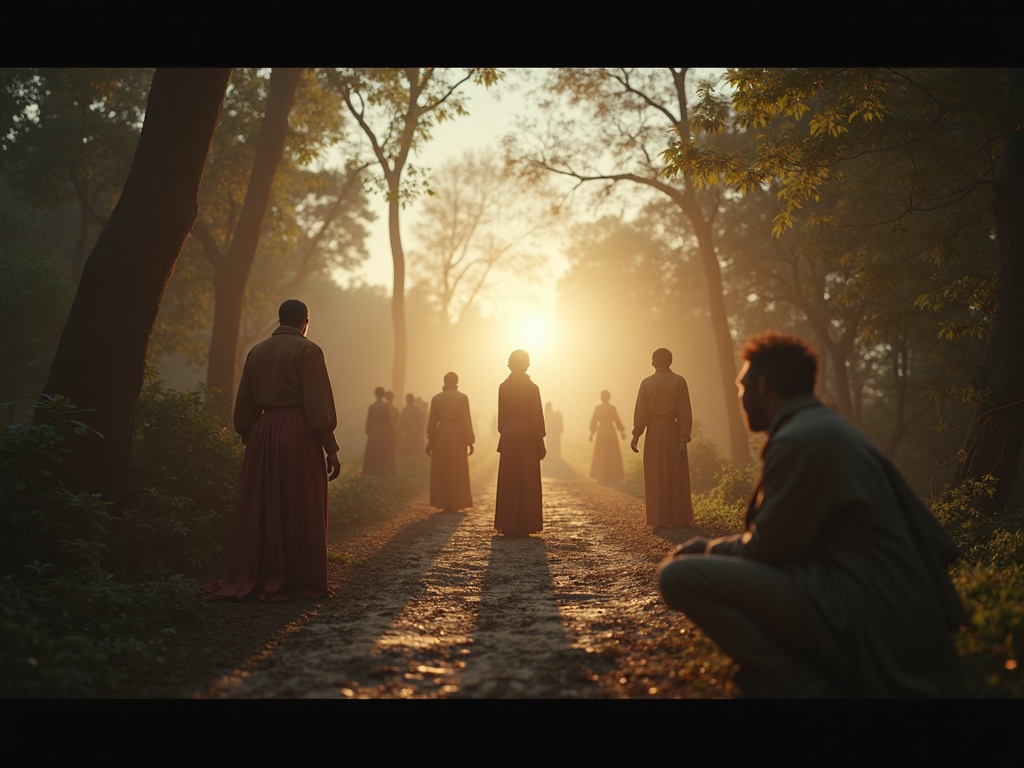AI Music Creation: The Future of Sound and Innovation
Introduction
With the evolution of artificial intelligence, the boundary between technology and creativity is steadily blurring. AI music creation represents a revolutionary force poised to reshape the modern music industry. Through the innovative prowess of AI composers, music is created, produced, and consumed like never before. This cutting-edge fusion of creative technology and music raises compelling questions about the future of artistic creation. As AI tools evolve, we are prompted to reconsider traditional processes and embrace a new era where melodies are crafted by algorithms as much as by human beings.
Background
AI’s presence in the music industry is not a sudden development but rather the culmination of several decades of technological advancements. Initially, developments in music technology happened through the creation of synthesizers and digital audio workstations (DAWs), which transformed the way music was produced and performed.
The shift from analog to digital interfaces opened the door for AI to make its mark. The rise of machine learning and deep learning algorithms further accelerated this evolution, giving AI the ability to analyze, learn from, and generate music. Key advancements include Google’s Magenta project and OpenAI’s MuseNet, which demonstrated that AI tools could compose symphonies and harmonies indistinguishable from those of human composers. This historical journey reveals how deeply creative technology has influenced the contemporary music scene, setting the stage for AI to transition from an intriguing novelty to an essential component of the music industry.
Current Trend in AI Music Creation
Today, AI music creation is no longer confined to experimental phases. Instead, it’s becoming an integral tool for artists and producers. AI composers can swiftly generate melodies, harmonies, and even lyrics, offering artists a palette of endless possibilities. For example, the Spotify AI DJ project uses algorithms to create constantly evolving playlists that suit the listener’s preferences and moments. Grammy-winning producer Alex Da Kid used IBM’s Watson Beat to help create the hit single \”Not Easy,\” blending AI’s analytical power with human emotion and creativity.
AI tools are also revolutionizing traditional roles in music production. Tasks like audio mastering, sound mixing, and even emotional content analysis are now within the ambit of AI capabilities. This fusion of human and machine creativity suggests a trend where the barriers to music creation are reduced, inviting a broader spectrum of people to participate in the industry source.
Insights from Industry Experts
Despite its vast potential, AI in music raises discussions about creativity’s essence. According to David Rotman, Editor at Large at MIT Technology Review, \”AI not only complements human creativity but elevates it by augmenting the range and depth with which artists can experiment\” source. This perspective is echoed by Rhiannon Williams, a technology analyst, who asserts that the collaboration between AI tools and artists is akin to a new musical instrument that expands an artist’s creative toolkit.
Statistics indicate a growing comfort with AI-created music among listeners, suggesting a wider acceptance and the potential for AI to become part of everyday musical experiences. As AI continues to evolve, it promises to unearth new creative avenues, thus changing the complexion of music creation entirely.
Future Forecast: The Role of AI in Music
Looking ahead, the influence of AI music creation is expected to deepen, reshaping the music industry fundamentally. Here are some of the anticipated shifts:
– Personalized Music Experiences: AI algorithms can tailor music to individual preferences in real-time, creating a bespoke auditory experience for each listener.
– Collaborative Composing: The future may see artists and AI working hand-in-hand in real-time composition, each complementing the other’s strengths.
– Expanding Accessibility: AI democratizes music creation, enabling non-musicians to produce quality music without the need for extensive training.
Ultimately, AI music creation stands to redefine what it means to create music, promising a landscape rich with innovation, diversity, and unparalleled creativity.
Call to Action
Embrace the future of music by exploring AI tools designed for music creation. Platforms like Amper Music, AIVA, and Jukedeck offer unique opportunities for artists to experiment with AI-generated compositions. Whether you’re a seasoned producer or an aspiring musician, AI music creation provides a new realm of creative potential. Share your thoughts and experiences with AI in music and how you envision its impact on the industry’s future. Let’s step into the future of sound and innovation together.
